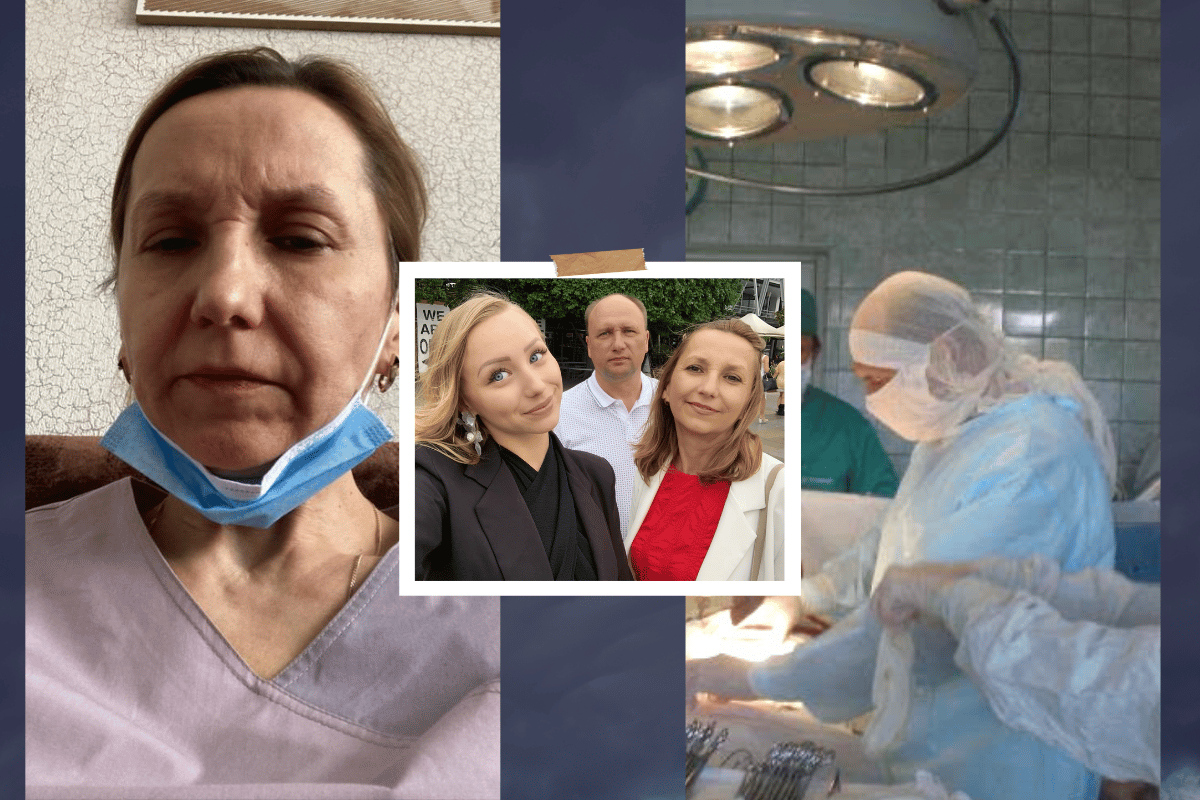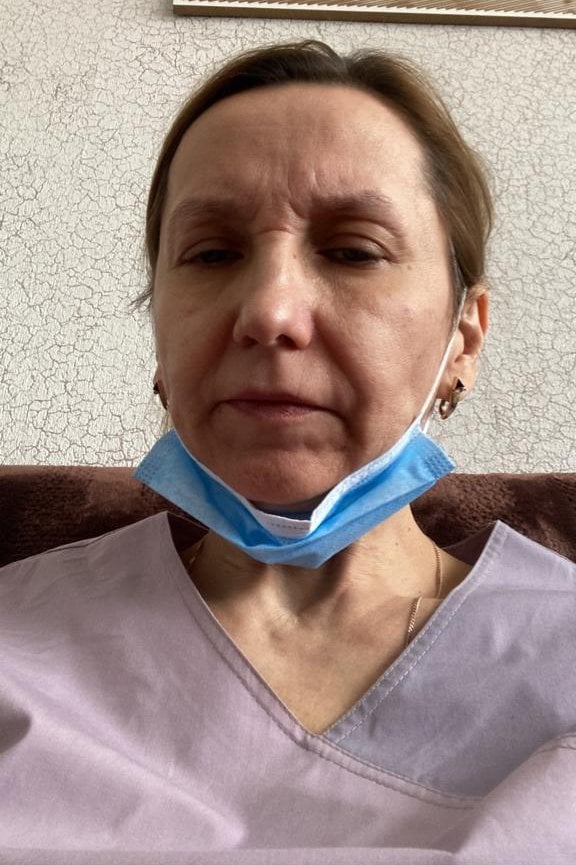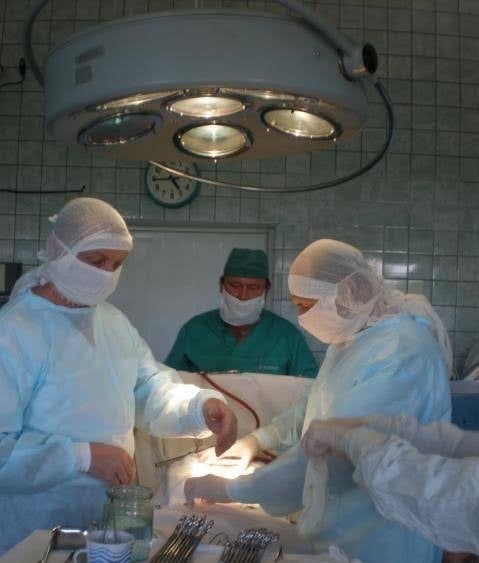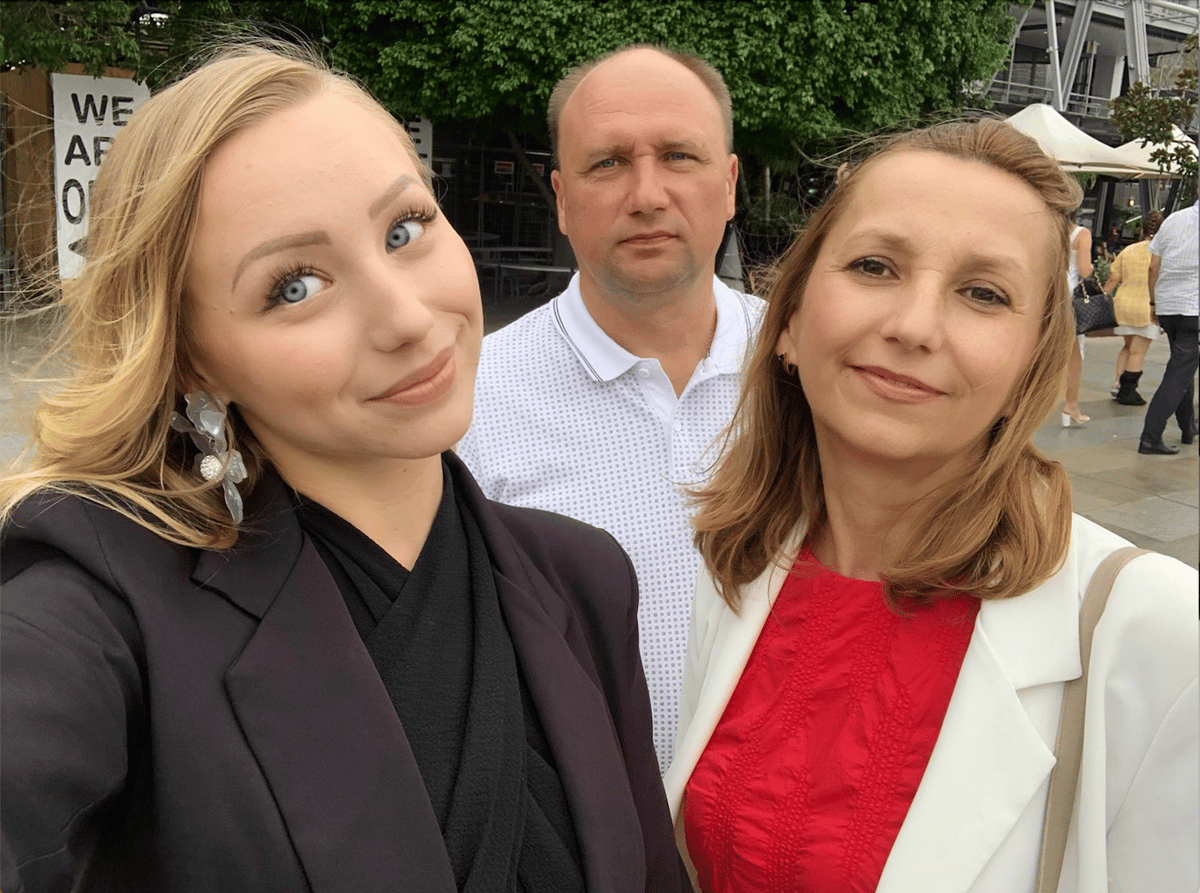
“When is it going to end?”
It was the exasperated question that Victoria Stepanenko’s mother, Dr. Natalia Stepanenko, sobbed from a Chernihiv hospital, in northern Ukraine.
Victoria, 23, speaks to her parents several times each day from her home in Sydney – although the calls usually only last a minute or two, “because they have to help someone, or hide somewhere.”
But a few days ago, their call got disconnected. A couple minutes later when Victoria phoned again, she could hear the sirens going off in the city. And then a nearby explosion.
“My heart broke down,” she tells.
Ukrainian apartment building hit by a missile in Kyiv. Post continues after video.
“To be honest, I’ve been absolutely devastated. Since the war began, at best, I sleep two to three hours at night – and even during those times, I have nightmares.”
“I’m obviously supporting my parents and trying not to show you know that we're worried; making sure to bring positive emotions to them because that's what they need right now. But it's really hard.”
 Six days into war: Victoria's mother, endocrinologist Dr Natalia Stepanenko. Image: Supplied.
Six days into war: Victoria's mother, endocrinologist Dr Natalia Stepanenko. Image: Supplied.


